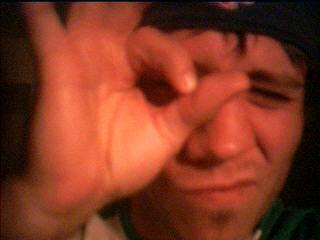A Sad and Beautiful Picture - 4 of 4
For thus says the Lord GOD: I will deal with you as you have done, you who have despised the oath in breaking the covenant,
yet I will remember my covenant with you in the days of your youth, and I will establish for you an everlasting covenant.
Then you will remember your ways and be ashamed when you take your sisters, both your elder and your younger, and I give them to you as daughters, but not on account of the covenant with you.
I will establish my covenant with you, and you shall know that I am the LORD,
that you may remember and be confounded, and never open your mouth again because of your shame, when I atone for you for all that you have done, declares the Lord GOD."
Ezekiel 16:59-63













